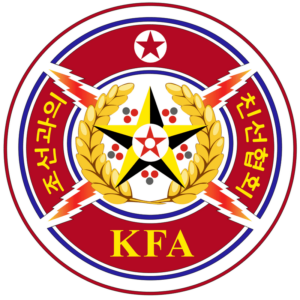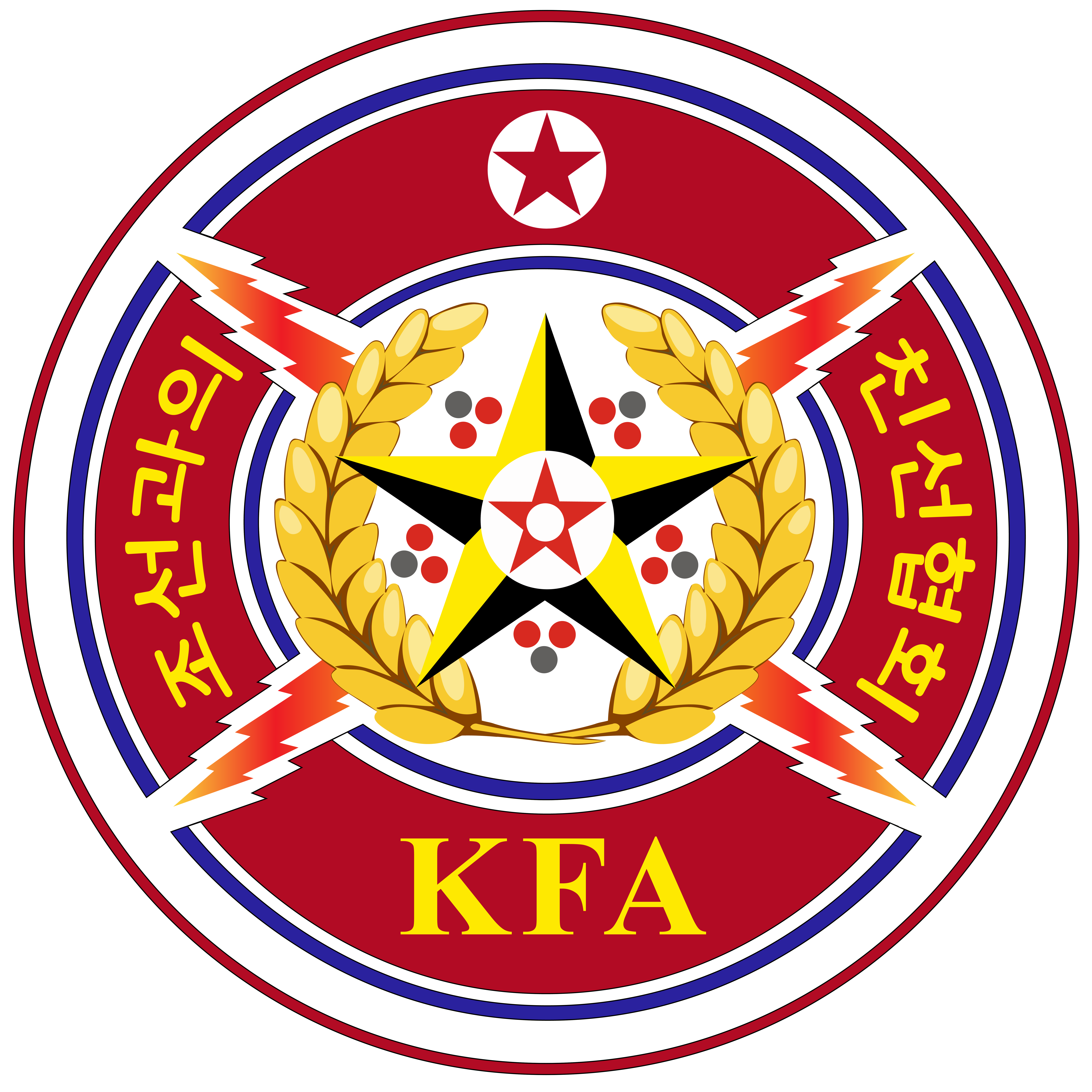| Article 19: | The Democratic People’s Republic of Korea relies on socialist relations of production and on the foundation of an independent national economy. |
| Article 20: | In the Democratic People’s Republic of Korea the means of production are owned by the State and social, cooperative organizations. |
| Article 21: | The property of the State belongs to all the people. There is no limit to the property which the State can own. All natural resources, railways, air transport service, post and telecommunications establishments, as well as major factories and enterprises, ports and banks of the country are owned solely by the State. The State shall protect and develop on a preferential basis State property which plays the leading role in the economic development of the country. |
| Article 22: | The property of social, cooperative organizations is collectively owned by the working people involved in the organizations concerned. Land, farm machinery and ships, as well as small and medium-sized factories and enterprises may be owned by social, cooperative organizations. The State shall protect the property of social, cooperative organizations. |
| Article 23: | The State shall enhance the ideological consciousness and the technical and cultural level of the peasants, increase the role of the property of all the people in leading the cooperative property so as to combine the two forms of property in an organic way, and shall consolidate and develop the socialist cooperative economic system by improving the guidance and management of the cooperative economy and gradually transform the property of cooperative organizations into the property of the people as a whole based on the voluntary will of all their members. |
| Article 24: | Private property is property owned and consumed by individual citizens. Private property is derived from socialist distribution according to work done and from supplementary benefits granted by the State and society. The products of individual sideline activities including those from kitchen gardens, as well as income from other legal economic activities shall also be private property. The State shall protect private property and guarantee by law the right to inherit it. |
| Article 25: | The Democratic People’s Republic of Korea regards the steady improvement of the material and cultural standards of the people as the supreme principle of its activities. The increasing material wealth of society in our country, where taxes have been abolished, is used entirely to promote the well-being of the working people. The State shall provide all the working people with every condition for obtaining food, clothing and housing. |
| Article 26: | The independent national economy of the Democratic People’s Republic of Korea is a solid foundation for the people’s happy socialist life and for the country’s prosperity. The State, adhering to the line of building a socialist, independent national economy, shall endeavour to promote the national economy on a Juche-oriented, modern and scientific basis so as to make the national economy a highly developed, Juche-oriented economy and build material and technical foundations commensurate with a completely socialist society. |
| Article 27: | The technological revolution is a basic link for developing the socialist economy. The State shall conduct all economic activities giving primary preference to technical development at all times, push ahead with scientific and technological development and the technical renovation of the national economy and vigorously promote the mass technical innovation movement so as to free the working people from difficult, tiresome labour and to narrow the distinctions between physical and mental labour. |
| Article 28: | The State shall industrialize and modernize agriculture through the rural technical revolution and improve the role of the county and its guidance and assistance to rural areas in order to eliminate the difference between town and countryside and the class distinction between workers and peasants. The State shall undertake, at its own expense, the building of production facilities for cooperative farms and modern houses in the countryside. |
| Article 29: | Socialism is built by the creative labour of the working people. Labour in the Democratic People’s Republic of Korea is independent and creative labour of the working people, freed from exploitation and oppression. The State renders the labour of our working people, to whom unemployment is unknown, more joyful and worthwhile, so that they willingly work with conscious enthusiasm and creativeness for society, the collective and themselves. |
| Article 30: | The working day shall be eight hours. The length of the working day shall be reduced by the State in arduous trades and other special categories of work. The State shall guarantee that the working hours are fully utilized through proper organization of labour and enforcement of labour discipline. |
| Article 31: | In the Democratic People’s Republic of Korea the minimum working age is 16 years. The State shall prohibit the employment of those under the minimum working age. |
| Article 32: | The State shall firmly adhere to the principle of properly combining political guidance with economic and technical guidance, the unified guidance of the State with the creativeness of each unit, unitary direction with democracy, and political and moral incentive with material incentive in the guidance and management of the socialist economy. |
| Article 33: | The State shall direct and manage the national economy through the Taean work system, a socialist form of economic management whereby the economy is operated and managed scientifically and rationally on the basis of the collective efforts of the producer masses, and through the system of agricultural guidance whereby agricultural management is conducted by industrial methods. The State shall enforce the self-accounting system in economic management to meet the requirements of the Taean work system, and shall make proper use of such economic levers as cost, price and profit. |
| Article 34: | The national economy of the Democratic People’s Republic of Korea is a planned economy. The State shall draw up and implement the plans for the development of the national economy in accordance with the laws of socialist economic development so that the balance between accumulation and consumption can be maintained correctly, economic construction accelerated, the people’s standard of living steadily raised and the nation’s defence capabilities strengthened. The State shall ensure a high rate of growth in production and a balanced development of the national economy by implementing unified and detailed planning. |
| Article 35: | The Democratic People’s Republic of Korea shall compile and implement the State budget according to the national economic development plan. The State shall systematically increase its material accumulation and expand and develop socialist property by intensifying the campaign for increased production and greater economy and by exercising strict financial control in all spheres. |
| Article 36: | In the Democratic People’s Republic of Korea foreign trade is conducted by the State organs and enterprises, and social, cooperative organizations. The State shall develop foreign trade on the principles of complete equality and mutual benefit. |
| Article 37: | The State shall encourage institutions, enterprises and organizations in the country to conduct equity or contractual joint ventures with foreign corporations and individuals, and to establish and operate enterprises of various kinds in special economic zones. |
| Article 38: | The State shall pursue a tariff policy to protect the independent national economy. |

